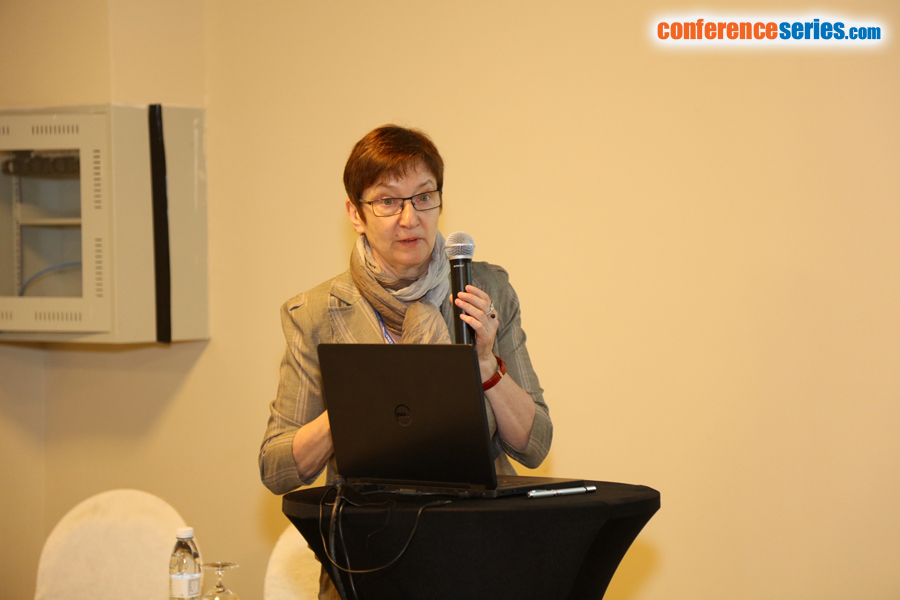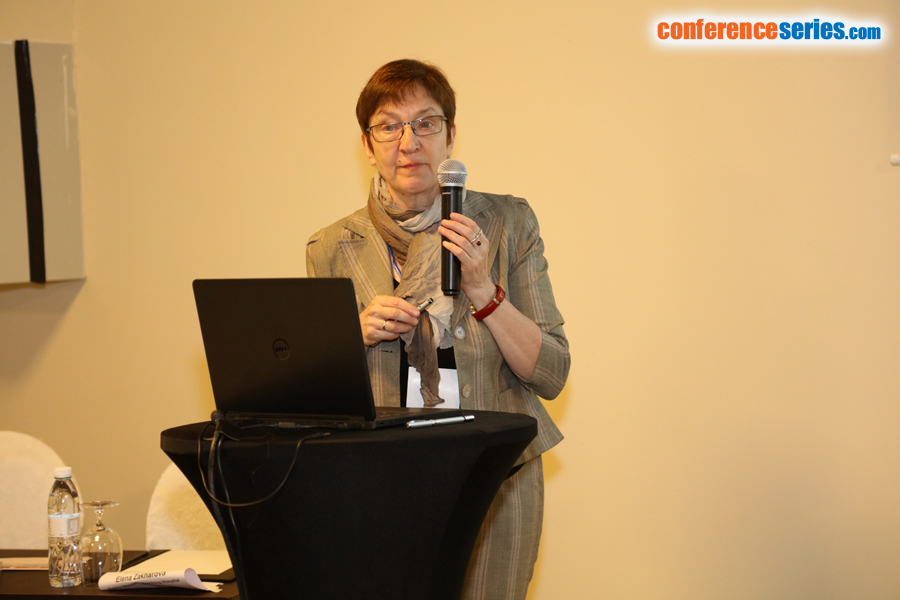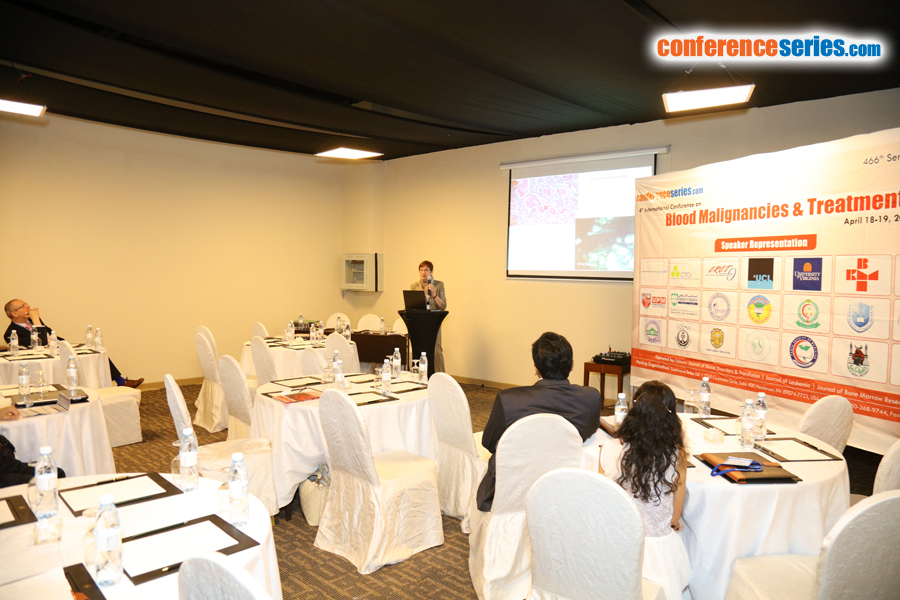
Elena Zakharova
Botkin Memorial Teaching Hospital, Russia
Title: Renal Consequences of Blood Malignancies
Biography
Biography: Elena Zakharova
Abstract
Lymphoproliferative disorders represent heterogeneous group of diseases with a broad spectrum of clinical presentation, including variety of kidney lesions. Renal involvement is defined by numerous mechanisms: tumor mass localization; clonal cell expansion; deposition of secreted paraproteins, including organized (crystals, fibrils, microtubules), and non-organized deposits of monoclonal immunoglobulin’s or fragments thereof; hormones, cytokines and growth factors secretion; metabolic, electrolyte and coagulation disturbances; infection and drug-induced complications etc., affecting urinary tract, renal arteries and veins and all parenchymal compartments – intra-renal vasculature, glomeruli, tubules and interstitial space, sometimes simultaneously. Clinical presentation includes acute kidney injury, proteinuria and/or hematuria, nephrotic syndrome, arterial hypertension or chronic kidney disease. Differential diagnostics is the major challenge, often, but not obligatory demanding pathology evaluation. Pre-renal acute kidney injury, tumor-lysis syndrome, or urinary tract obstruction by lymph nodes can be diagnosed on clinical basis, but many conditions can not be differentiated in solely clinical setting. Importantly, symptoms of kidney damage may dominate and even preclude overt lymphoproliferative disease, and only pathology findings give the clue to the diagnosis. Renal consequences of myeloproliferative disorders include various paraneoplastic glomerular lesions and metabolic and drug-induced interstitial damages, also highly demanding pathology evaluation. We investigated the clinical presentation and the pathology patterns in more than 300 patients with blood malignancies, admitted to nephrology unit during 20 years, and evaluated clinical and pathology correlations. 2/3 of patients had not been diagnosed with blood malignancy before admission to nephrology unit; the diagnosis was a result of scrutinous work-up, guided by kidney pathology findings.



